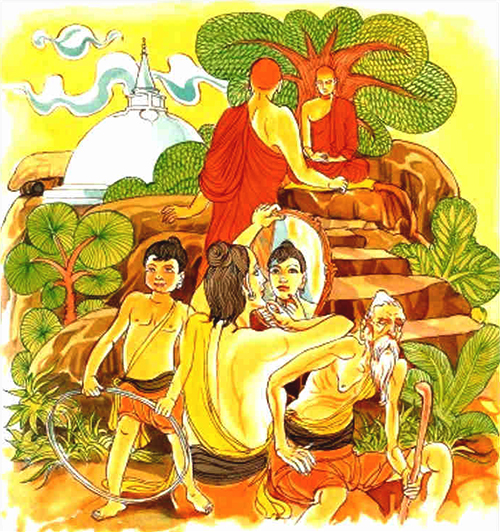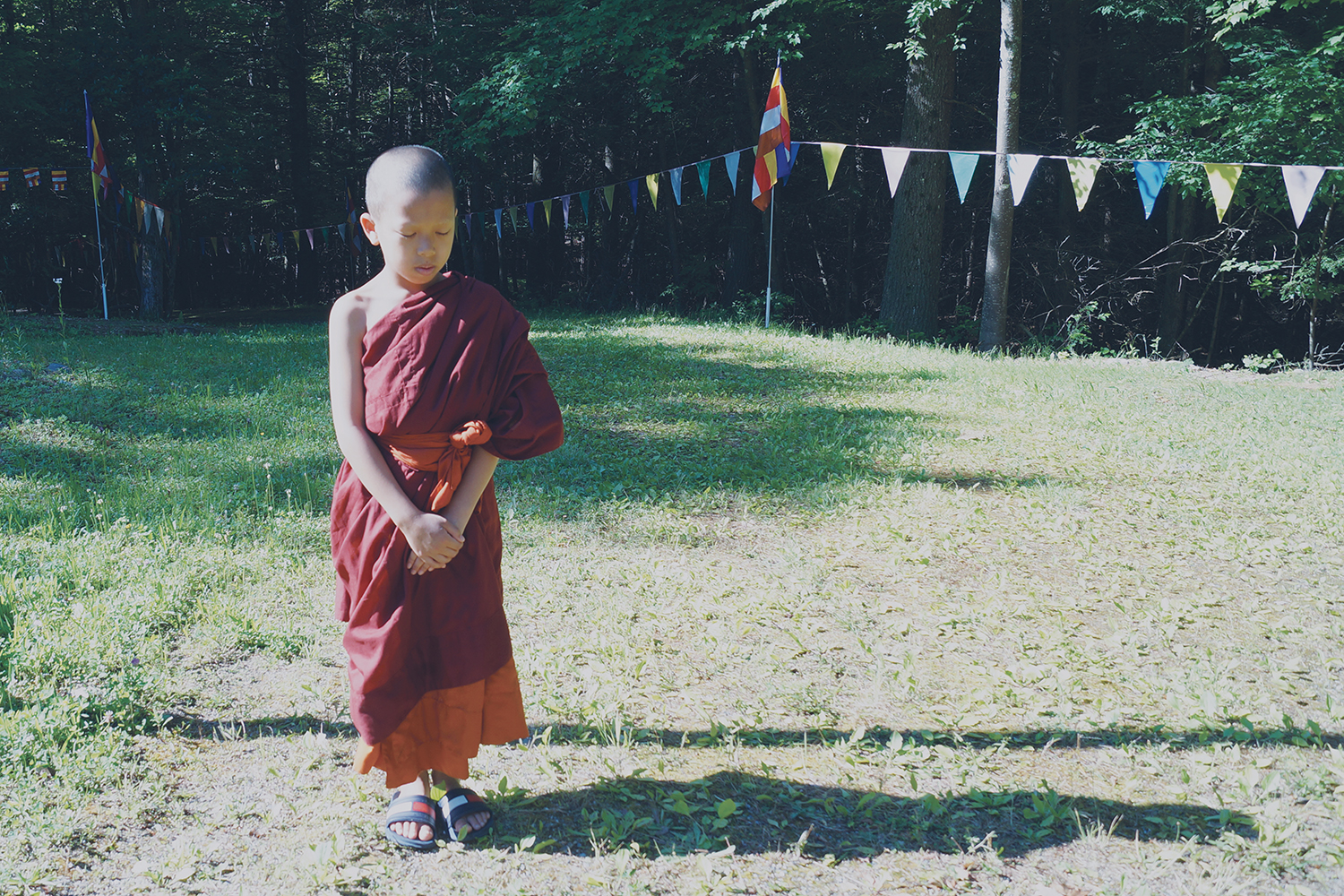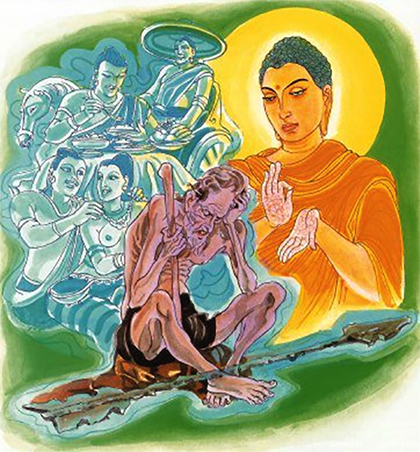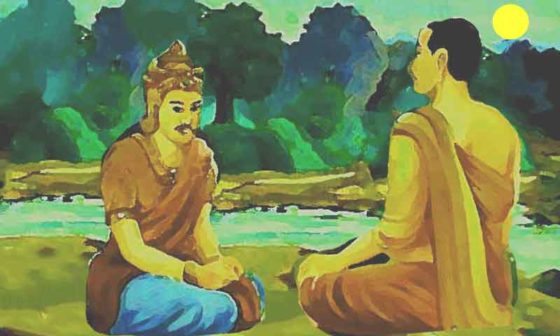Bringing heart and mind together

Jendhamuni visiting Master Dejapanno Phorn Pheap at Baystate Medical Center in Springfield, Massachusetts on Saturday June 19, 2021.
Gratitude is a value of interdependence. It is an inner orientation that aligns us emotionally with the outer reality of our lives. Bringing heart and mind together, gratitude is an affective state that can be produced by an awareness of interdependence. We identify interdependence at work and train ourselves to respond to that awareness with gratitude. Like other values of interdependence, gratitude can lead us from awareness to feelings and, eventually, can culminate in action. ~ 17th Karmapa
ព្រះភិក្ខុ ពុទ្ធសត្ថា, ព្រះភិក្ខុ ឥន្ទជោតោ, លោក កៀង ពិសិដ្ឋ, លោក គិម សកល, គិម អានន្ទ, អ្នកស្រី អ៍ូ សាន និង សុស ចិន្ដាមុនី បានទៅសួរសុខទុក្ខព្រះភិក្ខុ តេជប្បញ្ញោ ផន ភាពនៅឯមន្ទីរពេទ្យ បេស្ដេត ទីក្រុងស្ព្រីងហ្វៀដ៍ រដ្ឋម៉ាសាឈូសិត្ដស៍ នាថ្ងៃព្រហស្បតិ៍ ទី១៧ ខែមិថុនា ព.ស.២៥៦៥ គ.ស.២០២១។ ព្រះតេជគុណម្ចាស់ តេជប្បញ្ ផន ភាព ត្រូវបានរថយន្ដពេទ្យសង្គ្រោះជាបន្ទាន់ដឹកពីវត្ដគិរីវង្សាបុប្ផារាម អាស្រមសមាធិសន្ដិភាព ទៅមន្ទីរពេទ្យ បេស្ដេត នៅថ្ងៃអាទិត្យ ទី៣០ ខែឧសភា ព.ស.២៥៦៥ គ.ស.២០២១ វេលាម៉ោងប្រមាណ ៩ៈ០០នាទីព្រឹក។ ព្រះភិក្ខុ ពុទ្ធសត្ថា, ព្រះភិក្ខុ ឥន្ទជោតោ, លោក កៀង ពិសិដ្ឋ, លោក គិម សកល, ឧបាសិកា គិម វណ្ណ មុនី, គិម អានន្ទ និង សុស ចិន្ដាមុនី មានវត្ដមាននៅកន្លែងកើតហេតុ ហើយបានទាក់ទងឱ្យ រថយន្ដពេទ្យសង្គ្រោះជាបន្ទាន់មកពិនិត្យព្រះតេជគុណនៅក្នុងកុដិរបស់ព្រះអង្គមុននឹងគេដឹកព្រះអង្គទៅមន្ទីរពេទ្យខាងលើនេះ។
Maha Thera Siripanno Sophon Thon, Bhikkhu Buddha Saddha, Bhikkhu Indajoto, . Bhikkhu Munindathero Maha Nhor Tepmony, Mr. Piseth Kien, Mr. Sakal Kim, Mrs. San Ou, Ananda Kim, Jendhamuni Sos, Ven. Sirip visiting Bhikkhu Dejapanno, our meditation master, at the Baystate Medical Center in Springfield, Massachusetts on Thursday June 17, 2021. Bhikkhu Buddha Saddha, Bhikkhu Indajoto, Mr. Piseth Kien, Mr. Sakal Kim, Upāsikā Mony Kim, Ananda Kim and Jendhamuni Sos were at the scene on Sunday, May 30, B.E.2565 A.D.2021 and called an ambulance to examine Bhikkhu Dejapanno Pheap Phorn in his room before he was transported from the Kiryvongsa Bopharam Temple to the Baystate Medical Center around 9 a.m. during that morning.








